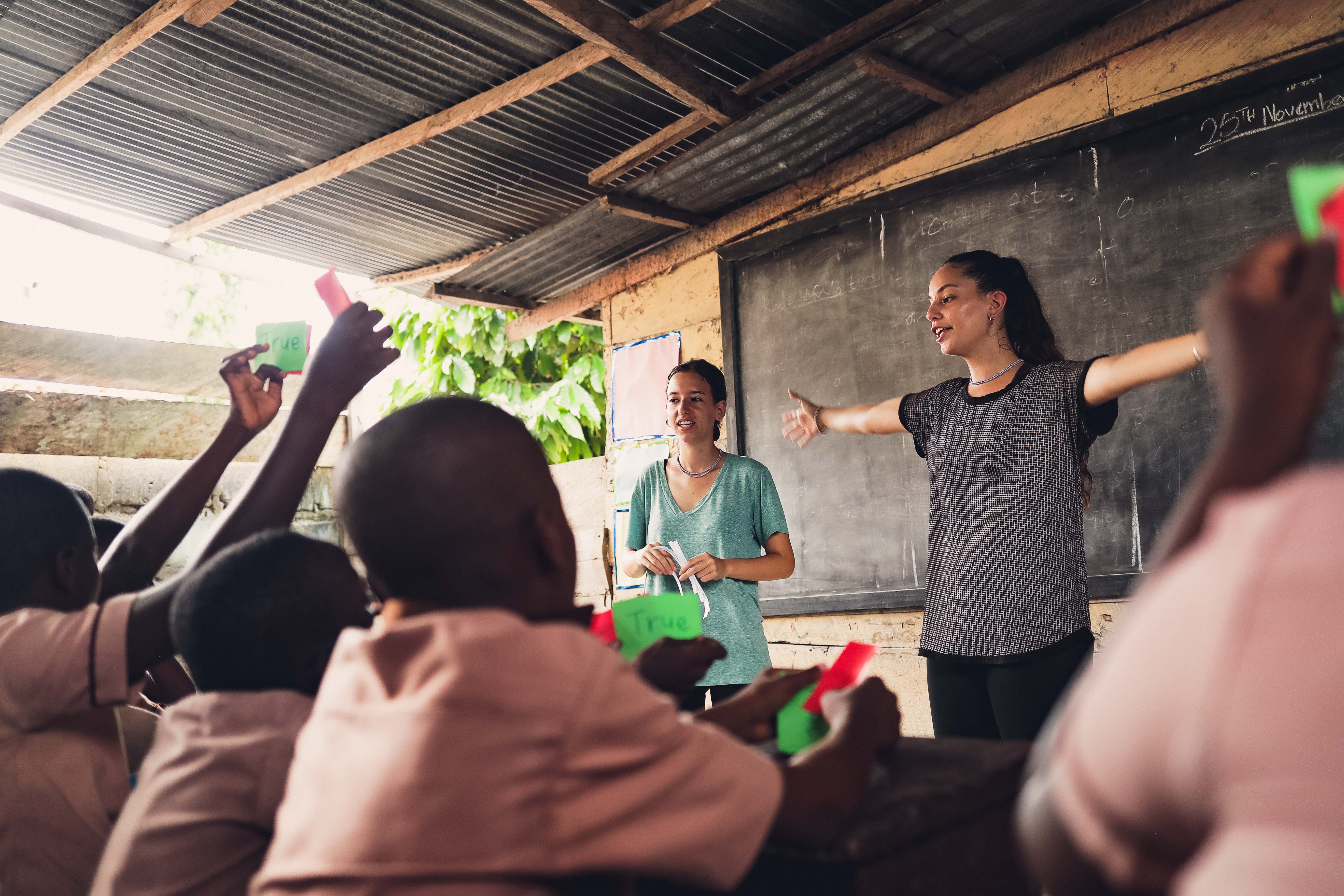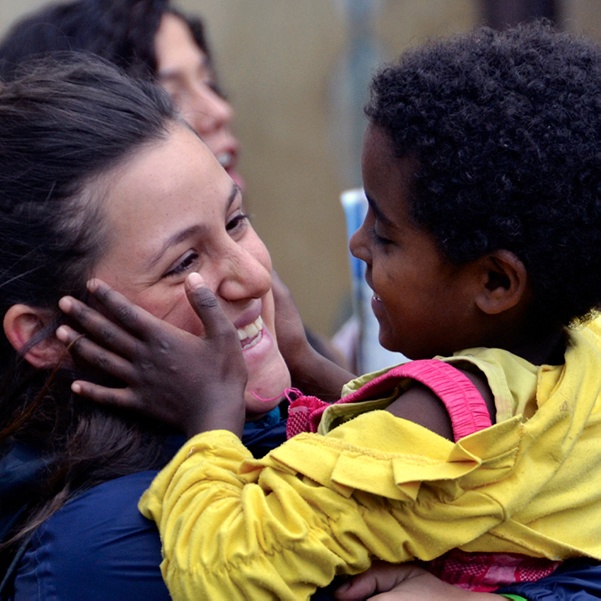
05 Feb Shalom Corps Offering Funding for Jewish Service-Learning
- Copy Link
Shalom Corps Offering Funding for Jewish Service-Learning
The Jewish Agency for Israel and Mosaic United program will increase volunteering by funding up to 100% of direct costs for providers
Announced earlier this week, Shalom Corps, a new initiative from The Jewish Agency for Israel and Mosaic United is offering up to $12 million in new funding, now available for Jewish global immersive service-learning programs directed at young Jews around the world.
Shalom Corps is launching its first request for proposals (RFP) for programs that provide service-learning experiences to young Jews aged 17 to 40. The initiative is making the funds available in order to increase the number of young Jews involved in ethical service-learning programs.
Organizations who have or partner with others who have experience in volunteering, international development, Jewish education, or Israel engagement are invited to apply.
Jewish Agency Chairman Isaac Herzog said, “This comprehensive initiative of the Jewish Agency together with Mosaic United, will enable expression of the wonderful Jewish value of ‘tikkun olam.’ Through this venture, we are bringing a new message to young Jews in Israel and throughout the world and enable them to volunteer in disadvantaged communities around the globe, while deepening their Jewish identity and their relationship with Israel.”
The Jewish Agency’s Project TEN offers this sort of ethical service-learning volunteer experience at centers in Mexico, Greece, Israel, and Africa.
Noya, 18, a recent volunteer at Project TEN in Mexico, recounted how thrilled the local kids in a remote community in the middle of the jungle were when the volunteers were able to get to their community after not being able to due to a river’s water being too high to cross.
“We were SO surprised to see the welcome the community planned for us! They hung posters and banners from the gates of the schools and community centers: ‘Welcome Home,’ ‘We missed you,’ ‘We love Project TEN.’ It was incredible! They were so excited when they saw our car arriving in the village… We were so amazed by this welcome that it nearly brought us all to tears,” shared Noya.
Through this venture, we are enabling young Jews to volunteer in disadvantaged communities around the globe, while deepening their Jewish identity and their relationship with Israel.

Young Jews like Noya are seeking the opportunity to do good and give back, yet demand continues to surpass supply. And service organizations cite the number one reason for limiting participation is lack of funds. A study by OLAM, a partner of Shalom Corps, found that 64% of organizations say that it is true to a very great or great extent that lack of funds limits participation, and another 18% say this is true to some extent.
Rabbi Benji Levy, CEO of Mosaic United, stated, “Through growing the good works done around the world, we have an incredible opportunity to help organizations achieve their missions to heal the fractured world and reach more young people in the process.”
The RFP offers funding through several different means. Programs can receive funding of 50% of direct costs for growth in participants – additional participants over their historical average number of participants. Eligibility requires participants to engage in a minimum of 25 hours per week of volunteering which addresses genuine, unmet needs in coordination with local groups and carefully matches volunteer abilities and skills with volunteering activities. Programs also commit to 8 hours of Jewish learning weekly.
Up to an additional 50% of direct costs can be covered through a combination of adding additional learning hours, if a Senior Jewish Educator (SJE) accompanies the group, and if cohorts are geographically diverse. Beyond the funding of direct costs, organizations are also eligible to receive further funding for up to 50% of the cost of hiring a new SJE and a new volunteer/alumni coordinator.
Shalom Corps will provide additional services to organizations selected including providing support for educational content, professional development, and convenings together with OLAM.
Applications are due March 15, 2020. To learn more or apply for the RFP, visit shalomcorps.org.
